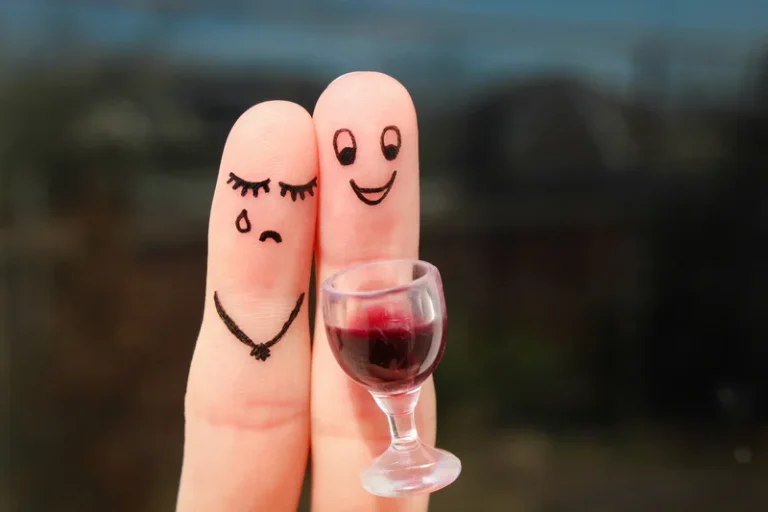
Hangovers: Symptoms and Recovery

Vitamin B3 helps metabolize alcohol and provides energy, while zinc replenishes nutrient levels and supports immune and digestive function. Taking an anti-inflammatory may also help calm down your body’s immune system. After drinking too much, research shows that the body responds by releasing cytokines, which are a protein meant to help you “recover” from the toxin (i.e. alcohol). However, by trying to “help,” the released cytokines (which are part of a ramped up immunological response) may simultaneously cause some of your hangover symptoms. Because individuals are so different, it is difficult to predict how many drinks will cause a hangover. Any time people drink to intoxication, there is a chance they could have a hangover the next day.

Hangover Remedies to Try

However, you can have a hangover any time of the day—they usually begin between three and ten hours after drinking. Dehydration can also worsen if your hangover symptoms include nausea/vomiting or diarrhea. If that’s the case, tiny sips of water—or even just ice chips if that’s all that can be tolerated—can help start to restore the body’s equilibrium. The best way to prevent a hangover is to avoid drinking more alcohol than your body can tolerate.
- Many people boil the sap to make maple syrup, but it’s healthy and delicious to drink on its own pre-boiling (and you can buy it in this form at the store).
- As with many other “hangover remedy” studies, the data from the L-Cysteine study is not extremely strong.
- When drinking alcohol, a good rule is to alternate between a glass of water and an alcoholic drink.
What causes a hangover?
Understanding what causes a hangover headache can help you take steps to mitigate the symptoms, plus give you a heads-up on how to avoid another one in the future. Getting a good night’s sleep and allowing your body to recover may alleviate your symptoms and make a hangover more bearable. Though low to moderate amounts of alcohol may initially promote sleep, studies show that higher amounts and chronic use can disrupt sleep patterns (9). First, alcohol has a diuretic effect, meaning that it increases the production of urine. This can lead to the loss of fluids and electrolytes that your body needs in order to function properly (4, 5).

The Best Loofahs and Body Scrubbers, According to Dermatologists
These stem from physiological responses to the presence of alcohol in your digestive and urinary systems, like your stomach, kidneys, and bloodstream. Alcohol and caffeine are both diuretics (reduce fluid buildup in the body), which can cause you to urinate more frequently, leading to dehydration. Though having a cup of coffee to wake up after a night of drinking might seem like a good idea, the additional diuretic effects can leave you even more dehydrated. Drinking coconut water how long does a hangover last might help replenish electrolytes and increase hydration during a hangover. However, research shows replacing electrolytes doesn’t significantly reduce hangover symptoms. These results have led researchers to conclude that electrolytes might not be significantly affected by alcohol consumption and that hangovers are primarily caused by alcohol and its metabolites.
Risk Factors for Hangovers

You may feel much less alert, less able to remember things, and less able to make logical decisions when you’re hungover. A 2017 study found that these aspects of cognitive function were all highly impacted during a period of hangover symptoms. Drinking can also affect your mood if you already have a mental health condition or use alcohol as a coping mechanism for your mental health. A 2017 study found that many people report feeling more aggressive or even feeling an overwhelming amount of emotions when they drink, especially if they had some dependence on alcohol. The study also suggested that heart rate increases as you drink more alcohol, and these increases can raise your risk of arrhythmia, an irregular heartbeat.
